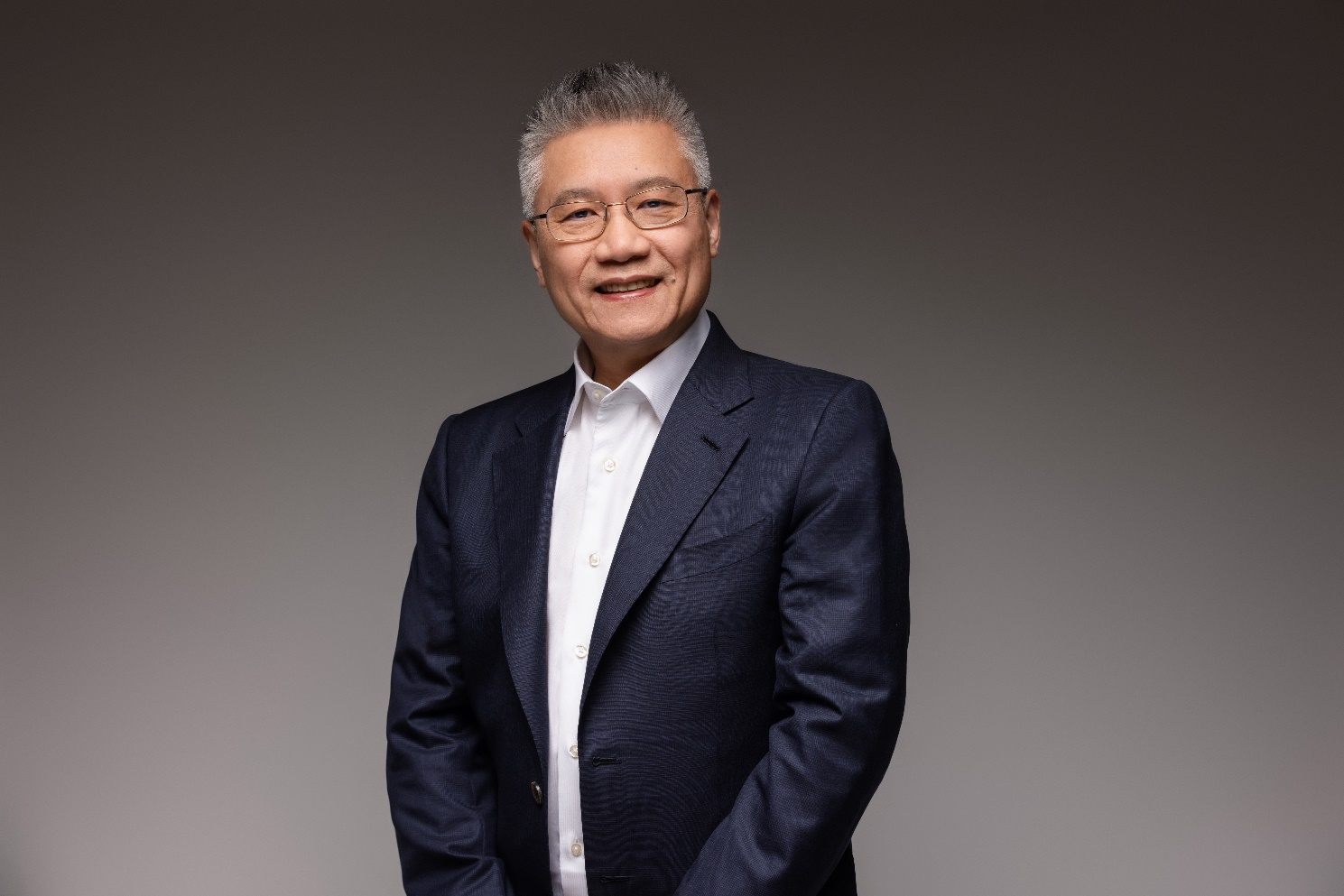
By Gabby Chen
(JW Insights) Apr 3 -- Dai Weijin, the executive VP of VeriSilicon(芯原), a leading Chinese IC design and IP provider, acknowledged China's weakness in AI-generated content applications and called Chinese industries to face the challenges and seek breakthroughs.
The surging demand for AIGC and ChatGPT's global success has led to an innovation wave for large language models (LLMs) since the start of this year. Technical improvements are necessary to enhance the performance of these AIGC applications, particularly in terms of the training data volume and the algorithm model's parameters, Dai said.
He made his remarks in an interview with JW Insights published on March 30.

He pointed out that the Chinese corpus's training volume is much larger than that of ChatGPT trained in English, so the training time is insufficient, which requires further accumulation.
For instance, ChatGPT-style Ernie Bot, launched by Chinese tech giant Baidu on March 16, has Chinese corpus accounts for about 75-85%, which is more than ten times that of GPT3.5.
There are computing power challenges to contend with as well. Despite high-performance GPUs becoming mainstream AI computing power chips, the core modules in the computing process required for parallel computing units and neural network accelerators, making GPGPU the core of computing power, said Dai.
He explained that VeriSilicon provides multiple computing power solutions for domestic chip designers. The company has launched six types of processor IP. It has over 20 years of R&D experience in Vivante GPU and introduced a series of IP combinations for AI chips of GPU, GPGPU, and NPU, which can meet the computing power required by applications in low-power embedded devices, high-performance servers and intelligent driving, among others. Its NPU IP has powered more than 110 AI chips from over 60 clients worldwide.
The Shanghai-based VeriSilicon was founded in 2001 and listed on Shanghai Stock Exchange in 2022. It has seven design and R&D centers in China and the US, and 11 sales and customer support offices worldwide, according to its website.
RELATED
-
The IC design subsidiary of China’s listed IC distributor P&S completes testing of its first MCU product for automotive standard
11-20 16:26 -
Chinese electronic component company CETC mass produceds its Beidou satellite communication module for China’s major EV maker
11-20 15:55 -
China’s PC maker Lenovo will launch AI-powered PCs after reporting strong revenue growth
11-17 16:04
READ MOST

No Data Yet~







